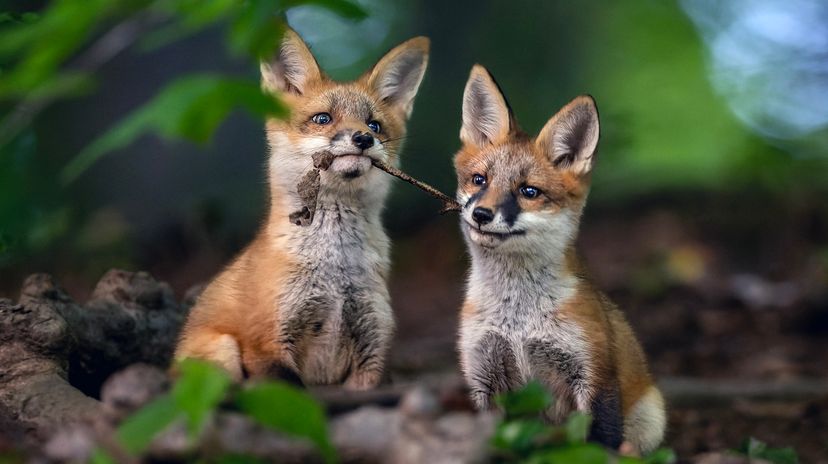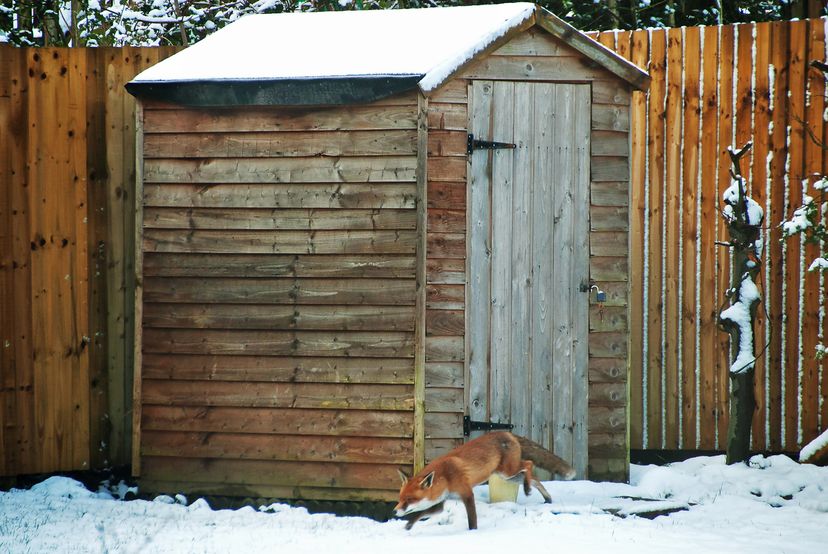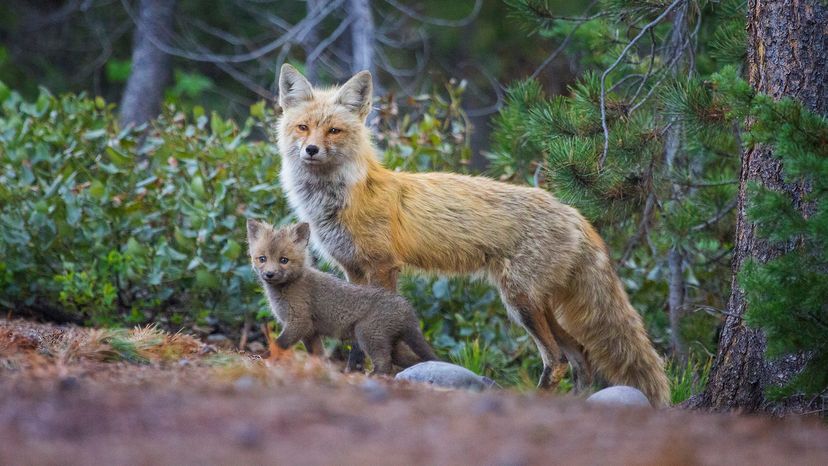
Foxes live in a wide range of environments, from rural areas to urban spaces and their eating habits reflect this adaptability. So, what do foxes eat when they’re in the wild versus when they’re sneaking around urban areas?
If you’ve ever spotted a fox rummaging through trash bins or sneaking through a garden, you might have wondered: Are they picky eaters, or do they just eat whatever they can find?
Advertisement
The answer lies in their omnivorous nature: They’ll eat meat, plants and just about anything else that provides energy.


